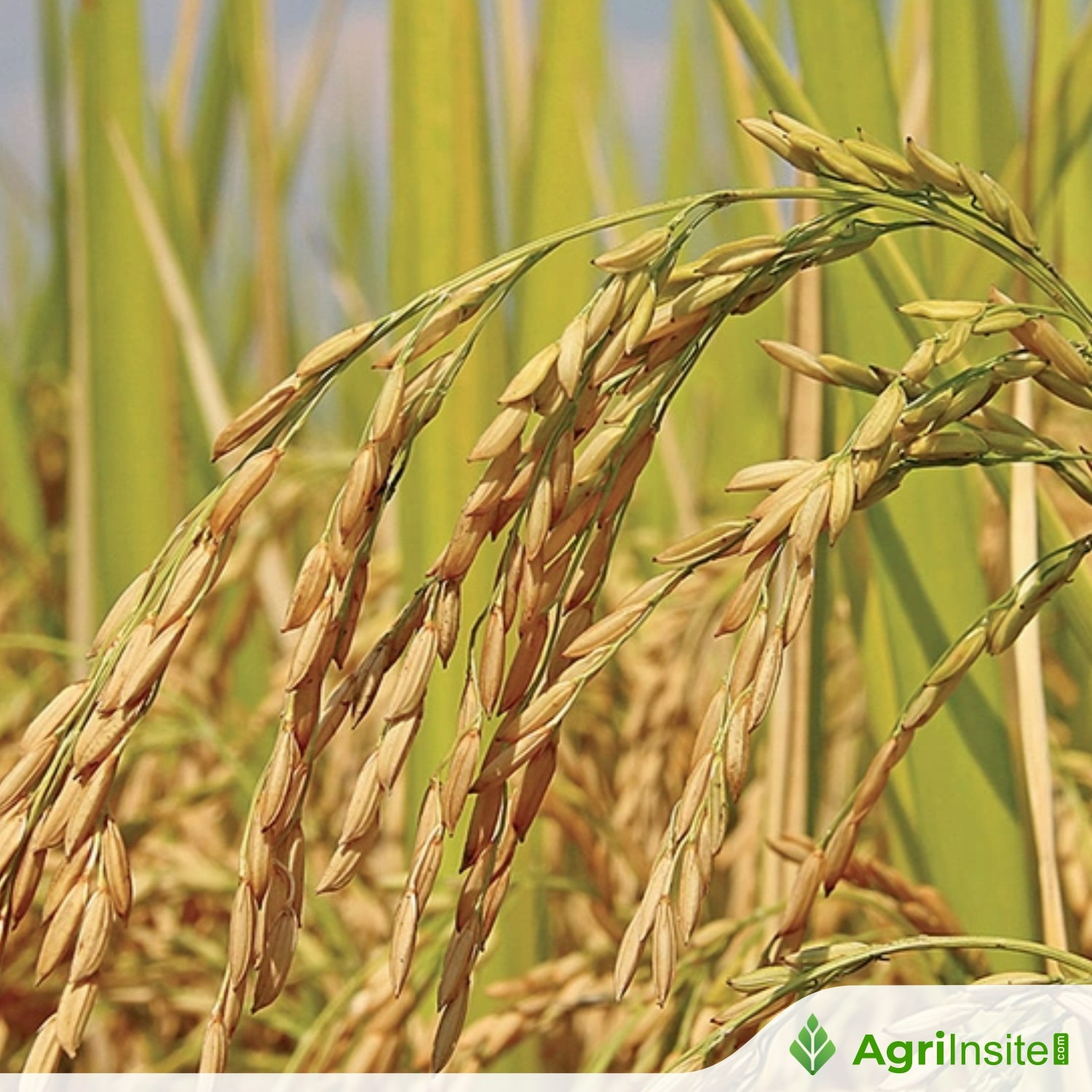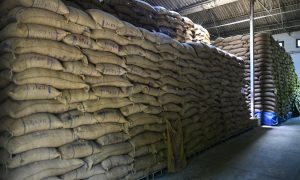Indian Farmers’ reliance on paddy and maize threaten pulses, oilseeds crops

India’s 2024 Kharif rice production is estimated at 119.93 million tonnes, up 6% from last year, while maize output hits a record 24.54 million tonnes. Pulses production remains stable at 6.95 million tonnes. The shift from pulses to stable crops like rice and maize poses challenges for policy alignment, especially as India seeks self-sufficiency in pulses.
India’s rice production in 2024 kharif season is estimated at 119.93 million tonnes (mt), which is 6 per cent higher from 113.26 mt. Similarly, the maize output is estimated at an all-time high of 24.54 mt for the 2024-25 kharif season against 22.25 mt year-ago. On the other hand, pulses output is expected to remain almost flat at 6.95 mt (6.97 mt) whereas oilseeds production may marginally rise to 25.74 mt from 24.16 mt. Production of cotton, sugarcane and jute has also been estimated lower. When the overall monsoon was good this year as India received “above normal” rains with reasonably well distributed precipitation across geographies, the shifting from pulses and cash crops towards stable paddy and maize has thrown challenges before policy makers on how to align the crop pattern as per the country’s needs. India has been trying to become self sufficient in pulses and edible oils as it is either top or second largest importer in the world in these two commodities.
Digital survey
businessline last month reported how the a digital survey threw up an unusual increase of over 6.5 million hectares in paddy area this year.
In a first, the Ministry prepared area estimates using Digital Crop Survey (DCS) data under the Digital Agriculture Mission, replacing the manual Girdawari system, it said in the statement. The DCS covered all districts of Uttar Pradesh, Madhya Pradesh, Gujarat and Odisha in Kharif 2024, which showed “substantial rise in area under rice particularly in Uttar Pradesh”, it said. “Some States like Chhattisgarh, Odisha and Telangana have declared a much higher price for paddy from the MSP level. With such higher price and an assured procurement system, farmers are happy with rice,” said AK Singh, an agriculture scientist. But, SK Pradhan, a rice breeder and currently an assistant director general in Indian Council of Agricultural Research, said with more and more release of climate-resilient varieties, the reliance on paddy has significantly improved compared to other crops. Concurring with Pradhan, former agriculture commissioner JS Sandhu said: “One thing is clear rice production will increase year by year. If we look back, its production has been continuously growing, even in bad years.”
Maize, the winner
The Agriculture Ministry data show that maize acreage has increased by about 60,000 hectares, whereas the production has gone up by more than 2 mt, thanks to the productivity rising to 2.92 tonne/hectare from 2.67 tonne/hectare. Maize has become a new sunshine crop for smallholder farmers driven by the prevailing high market price, which is above the MSP of ₹2,225 per quintal, said Bhagirath Choudhary, Founder Director of Jodhpur-based South Asia Biotechnology Centre. “Responding to uninterrupted demand from grain-based ethanol distilleries, farmers have adopted good quality maize hybrids coupled with best agronomic practices and timely interventions to manage pest such as devastating Fall Army Worm resulting in higher maize yield and better price realisation,” Choudhary told businessline. It is high time that the government unshackled biotech trait such as Bt/Ht maize to tackle FAW and better weed management, and provide climate-resilient and drought-tolerant technology to Indian farmers, he said adding the government should not hurriedly succumb to allow zero-duty import of maize.














